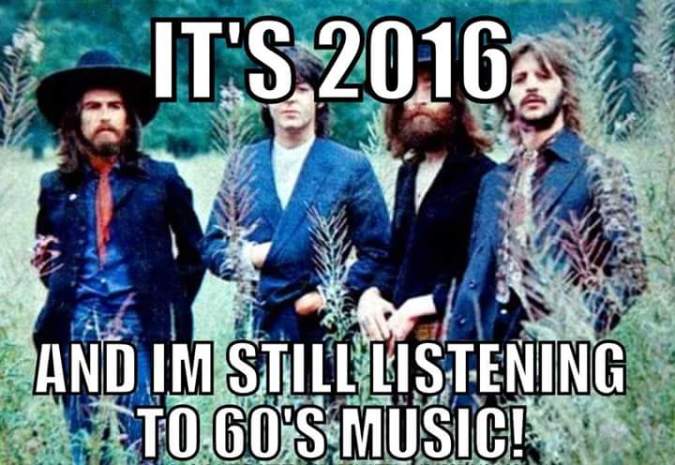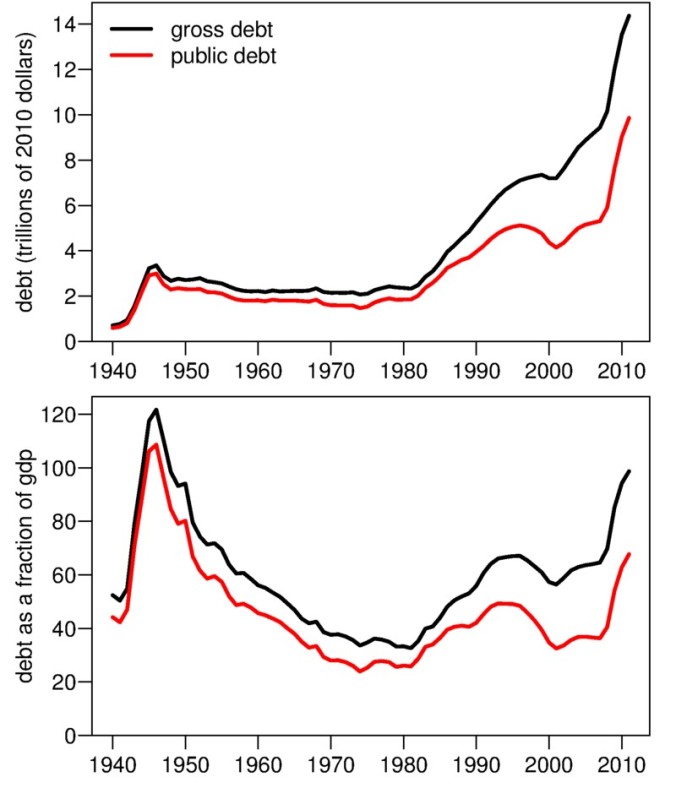I spent a few hours in a cemetery earlier this week, not as a precursor to spending eons there in the future, but as somewhere I could get close to a few famous people without them running away or caring that I was near them. I didn’t even think about autographs.
The Princeton Cemetery of the Nassau Presbyterian Church is the resting place for hundreds of former people, the most notable being Aaron Burr, a Vice President of the United States, successful duelist, and one of the stars of the hit play Hamilton. When you enter the cemetery you can pick up a brochure that has a mini history, a gridded map, and a list of the most famous inhabitants, what they are famous for, and their location by grid coordinates. Besides Burr, I sought out President Grover Cleveland, theologian Jonathan Edwards, mathematicians Kurt Godal and John Von Neumann, and bookshop owner Sylvia Beach. I was also interested to see William H. Hahn Jr., best known for the epitaph on his headstone: “I told you I was sick.”
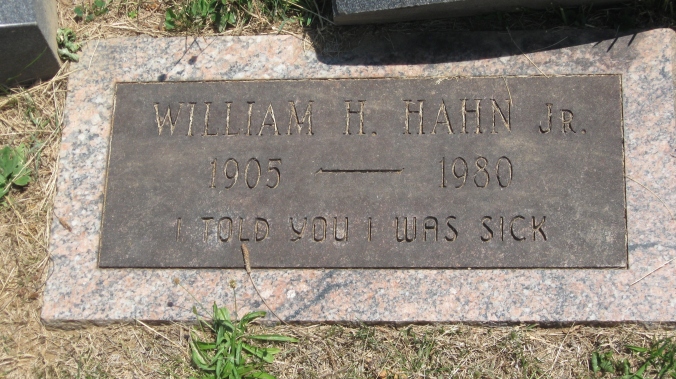
Spending time in a cemetery is profound. You are confronted with human mortality but also with accomplishment. There were a lot of big and expensive looking headstones for people I never heard of and I wondered what they accomplished. Could it be that they managed to make their heirs prosperous and this was part of the thanking process? Again I thought about my own meager accomplishments and if I wanted my descendants to have one place to visit my rotting remains, or to have them tour exotic locations around the world to find where my ashes might be scattered. Hmm.
Some of the monuments speak to the love from family members, friends, or colleagues; many creatively erected, some new and shiny and well maintained, while others are weatherworn and faded into illegibility.
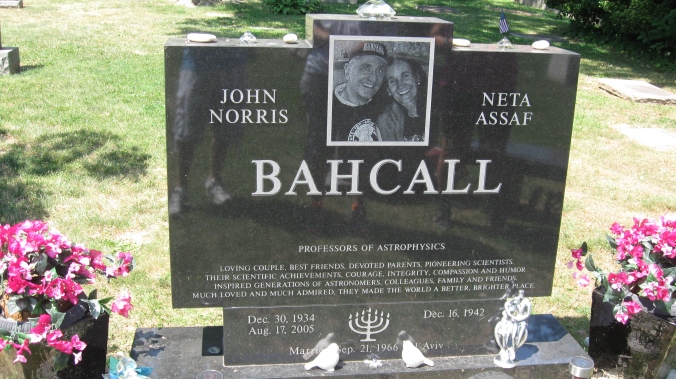
Seeing famous people in public always makes me both excited and uncomfortable. There are a limited number of famous people and as the level of fame increases, so does the rarity of running across one. Getting to meet one of “them” at a social occasion, the situation is so artificial I don’t know what to say; to appear intelligent without being stupid, friendly but not obsequious, confident but not pretentious; to treat them respectfully as a person and not as an objet d’art or a creature nearing extinction. It is almost like an adventure where there are unknown perils. In reality, it doesn’t happen very often. I am excited by seeing a rare object up close, like in a museum; uncomfortable when holding or touching something that is fragile and costly.
Yet none of that comes into play if the famous person is already dead. Seeing their tomb or headstone, knowing they are just a few feet away, I can freely contemplate greatness, fame, or infamy without needing to directly interact. If I have a question I want to ask, all I have to do is that Google thing. When I saw the headstone of Ruth Cleveland next to that of her father Grover, I was reminded of the tale of the origin of the Baby Ruth candy bar. Was she the inspiration or is that a myth?
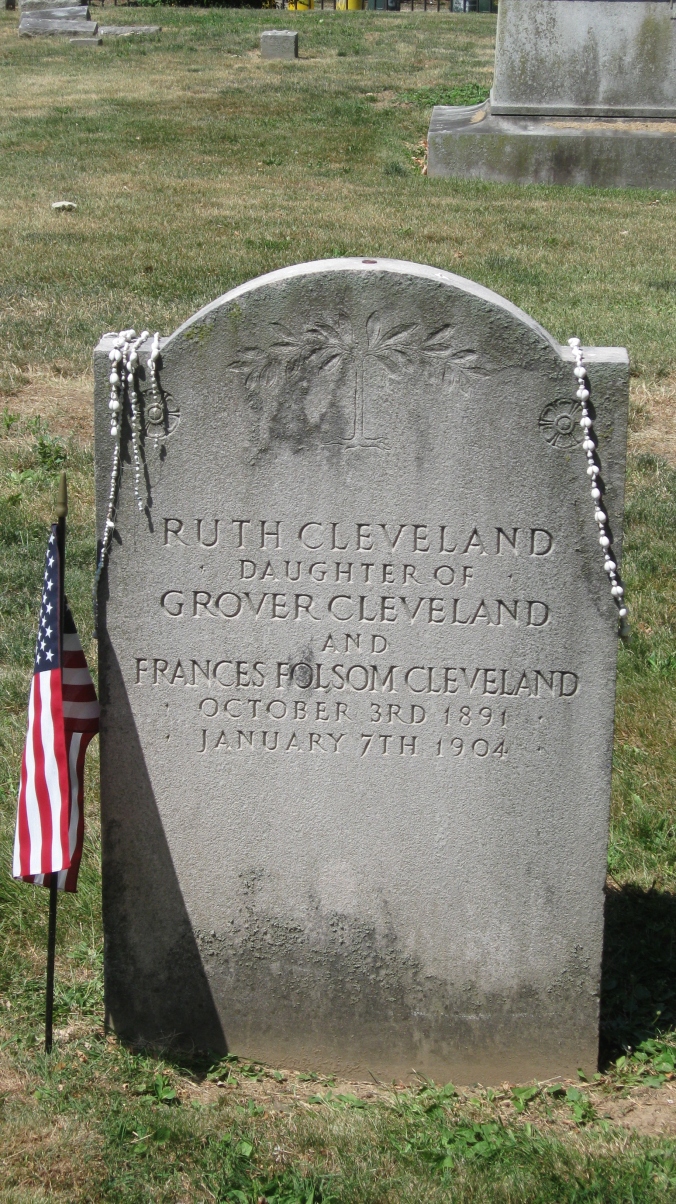 |
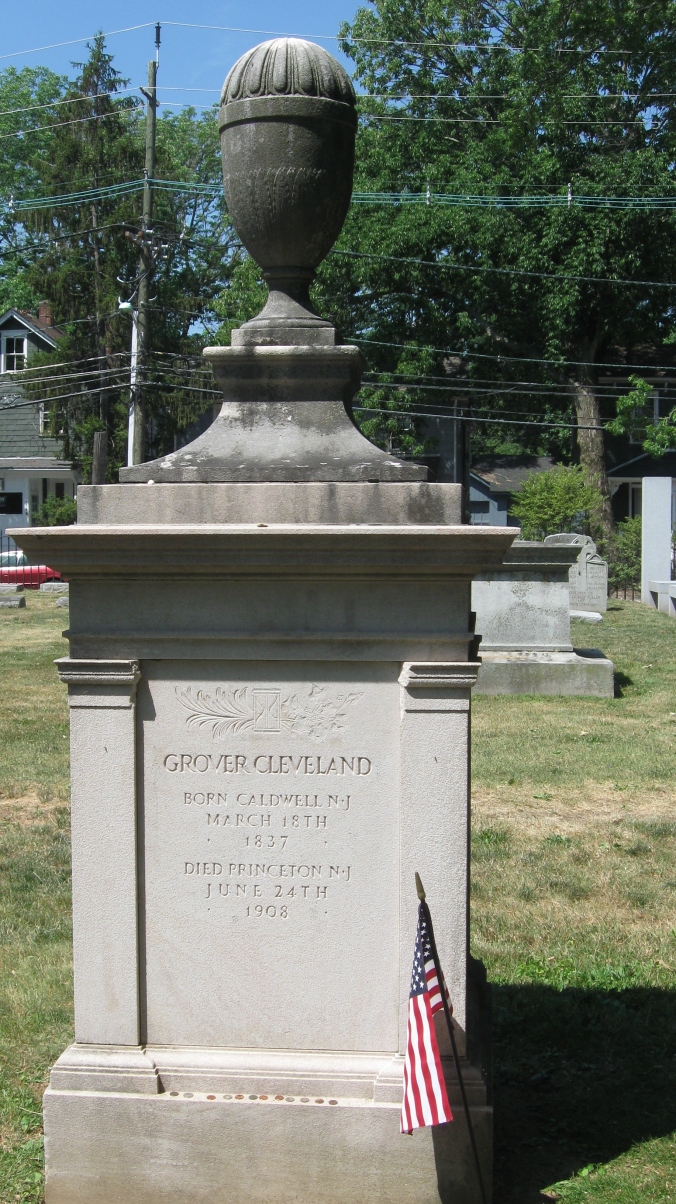 |
Despite the assertions of the Curtiss Candy Company, according to Snopes.com, alas, Baby Ruth was not named after Ruth Cleveland who died of diphtheria at age 14 in 1904, seventeen years before the candy bar was named.
The grounds of Princeton Cemetery are well maintained and the graves are spread out with sufficient space so you don’t feel like you are sacrilegiously trampling on dead bodies. It is a peaceful park in the middle of a bustling community.
Many of the graves are surrounded by flowers or other decorations, yet for some reason Kurt Godel, a “logician, mathematician, and philosopher… one of the most significant logicians in history,“ who proved that “there will always be mathematical truths that cannot be proved with logic”, has a great bunch of poison ivy blocking out part of the headstone.

Paul Tulane was from Princeton, made a lot of money in business, and in 1882 donated a chunk of it to the University of Louisiana which they then renamed Tulane University. Now he has one of the largest monuments in the cemetery; quite imposing, really.

Hard to find was the small headstone of Sylvia Beach. She is known for founding the English language bookstore Shakespeare and Company in Paris which published James Joyce’s Ulysses in 1922. The bookstore was one of the great cultural centers between the World Wars where Sylvia was friends with icons such as Ernest Hemingway, Ezra Pound, T.S. Eliot, Andre Gide and Gertrude Stein.
Beach’s father was a minister at the Presbyterian Church of Princeton and Sylvia’s papers are archived at Princeton University.

Paris
Two of my favorite cemeteries are in Paris. Pere Lachaise is the largest, on 110 acres in the 20th arrondissement. It is very crowded with over a million bodies buried there. Some of the most famous residents are:
Composers Chopin, Bizet, Rossini; Artists Max Ernst and Eugene Delacroix; Writers Oscar Wilde, Moliere, Proust, Gertrude Stein and Alice B. Toklas; Singers Maria Callas, Edith Piaf and Jim Morrison.
 |
 |
|
JIM MORRISON |
EDITH PIAF
|
Also in Paris is Montparnasse Cemetery, “home of many of France’s intellectual and artistic elite as well as publishers and others who promoted the works of authors and artists.”
You can find the graves of Charles Baudelaire, Samuel Beckett, Eugene Ionesco, Jean Seberg, Jean-Paul Sartre, Camille Saint-Saens, Simone de Beauvoir, Cesar Franck and many more.

The most famous cemeteries in the U.S. are Arlington National Cemetery in Arlington, Virginia and Forest Lawn in California. They are huge with many famous people and worthy of a separate piece.
I used to think of cemeteries as morbid places where dead relatives were buried. Painful memories of people praying and crying were reinforced by funeral scenes in movies and TV shows. Now I see them more like museums where artifacts of history reside. A cemetery is also a place to inspire reflection and introspection, even inspiration. It may be too late to do big and grandiose deeds such as make a scientific discovery, found a school of philosophy, build a university, or befriend great artists; but it is never too late to do good things for friends, family, and community that are carved in fond memories if not in hard stone.
(“I don’t want to be the richest man in the cemetery,” quote Ed Wynn, Colonel Sanders and Steve Jobs. Ha! that’s an aspiration I am sure to fulfill.)


